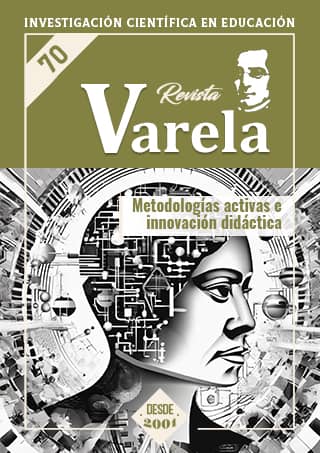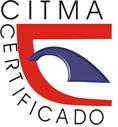Pedagogy and teaching work styles: traditional, facilitator, psychological, educational technologist, postmodern and future
DOI:
https://doi.org/10.5281/zenodo.15061805Keywords:
Education, Teaching work styles, Autoethnographic method, PedagogyAbstract
This article presents an exploratory study in which student-teachers expressed their views on how to teach. It draws on sociological theories and the autoethnographic method to clarify the characteristics of teaching styles: traditional, facilitator, psychologist, educational technologist, and future. Empirical information comes from connecting the author's experiences by exploring how teachers value their professional practice, focusing on their own teaching practices, emphasizing what distinguished them from other teachers, as well as the pedagogical styles they identified with and those they rejected. The results generally show a disdain for the traditional teacher and an interest in being teachers with facilitator, guide, or companion styles, although other trends with technical-scientific and psychological, educational technology, and postmodern aspirations were also evident. In summary, the study reveals a network in classrooms that interweaves teaching methods: the past (traditional), the present (facilitator-educational technologist-postmodern), and the pedagogical future. It concludes by highlighting the importance of clarifying and raising awareness among teachers about their pedagogical stance in their teaching practice.
Downloads
Published
Issue
Section
License
Copyright (c) 2025 Varela Journal

This work is licensed under a Creative Commons Attribution-NonCommercial 4.0 International License.
















